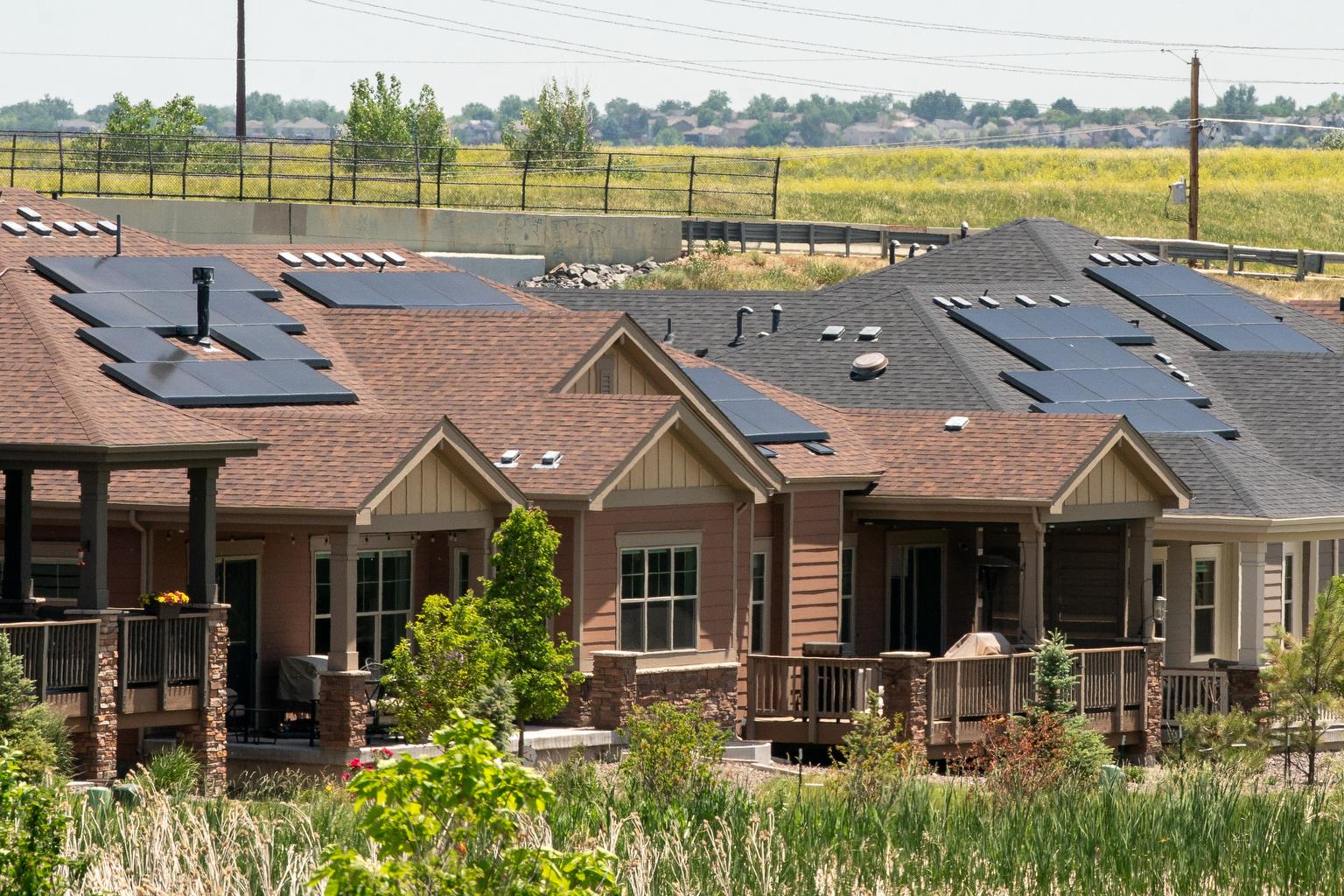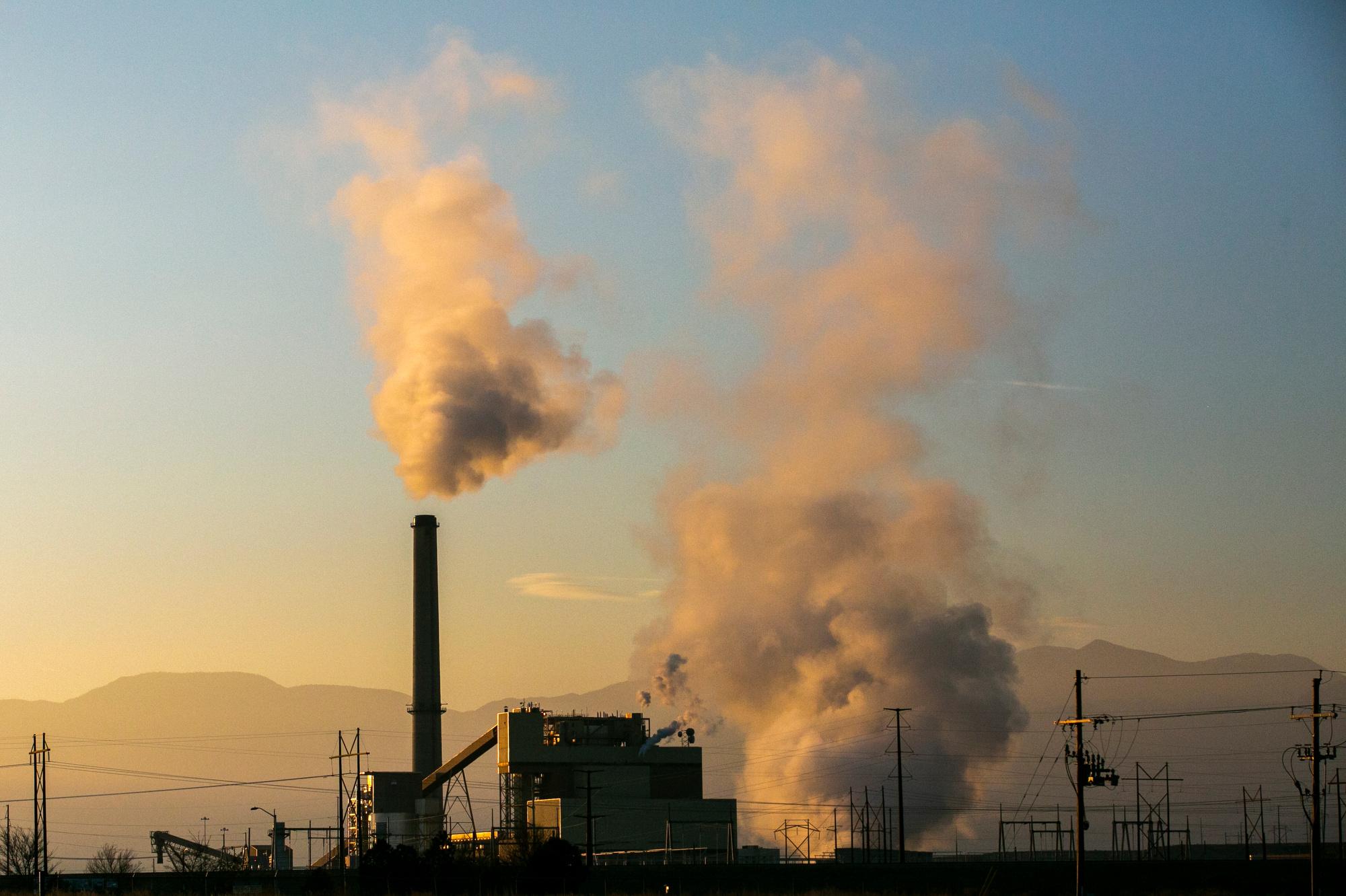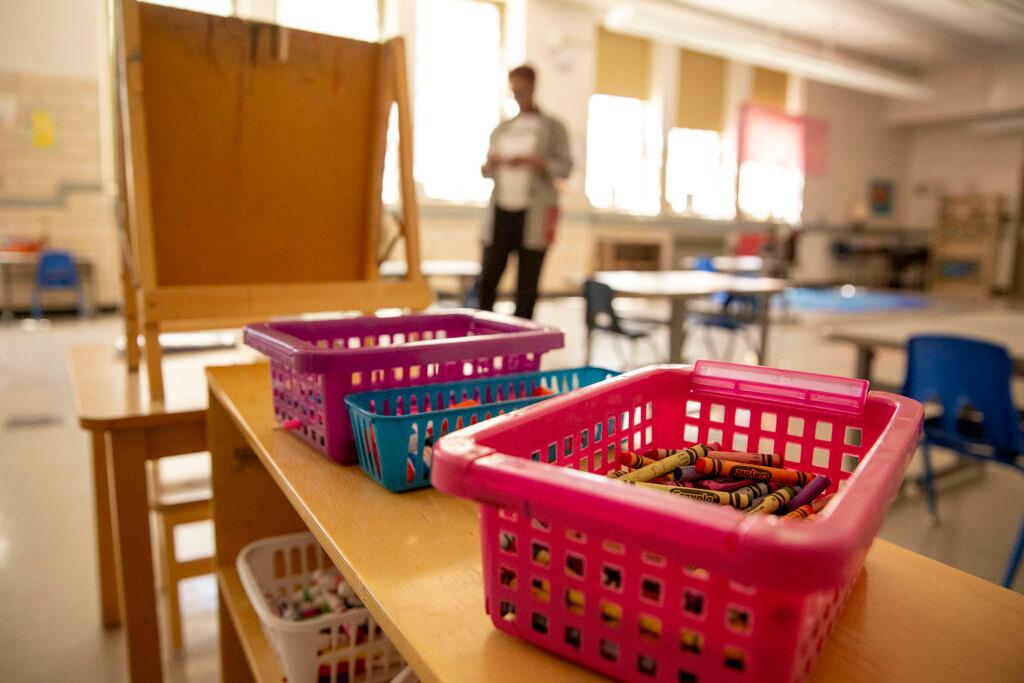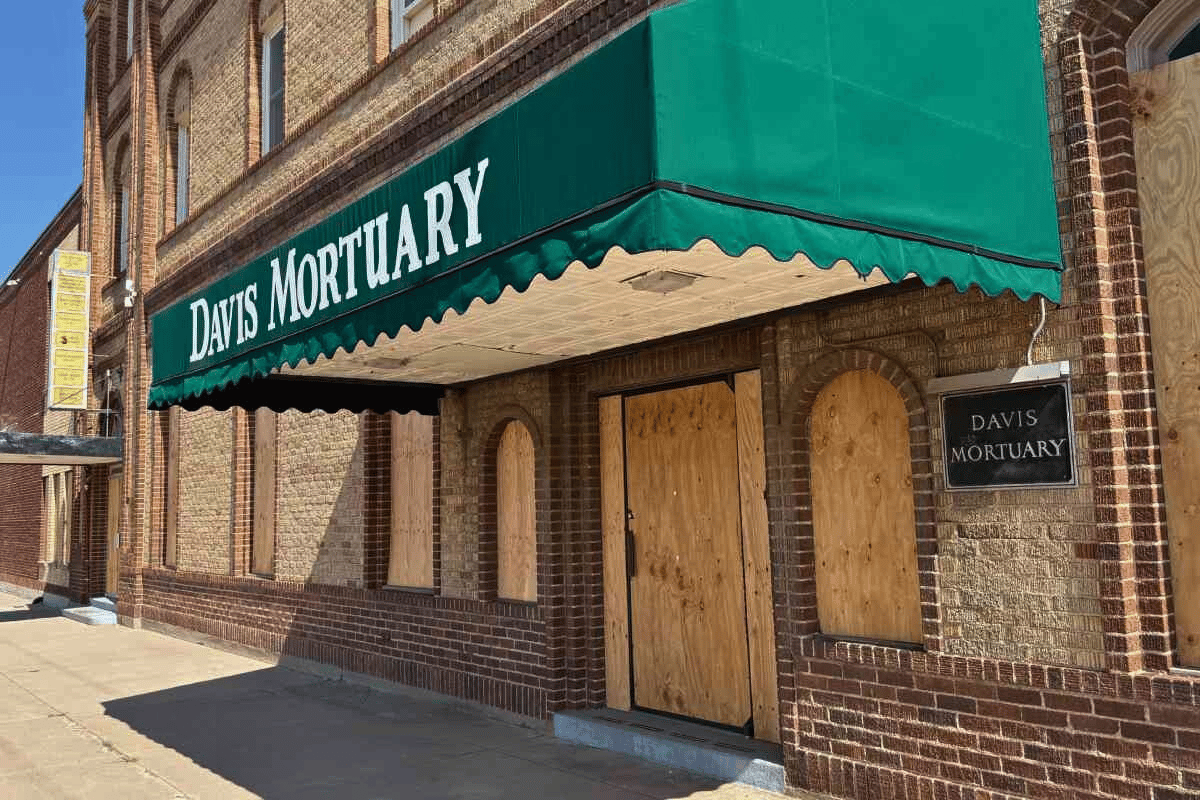
Hundreds of Colorado Springs residents packed into city hall Tuesday for a hearing on a proposal to increase solar customers' monthly bills. After nine hours of testimony from Colorado Springs Utilities, pro-solar organizations, and comments from the public, city council informally voted 5-4 to kill the proposal.
At issue is a new Energy Wise program that Colorado Springs Utilities rolled out in October. The program charges normal grid electric users more for power used during the peak hours of 5-9 p.m. Mon-Fri. Solar users were not included in this change, and the goal was to level the field.
Tristen Gearheart, CFO of Colorado Springs Utilities, said solar users generate most of their energy during the morning or early afternoon hours when demand for energy is lower and supply is higher — making energy during these hours cheaper. But he said they still draw nearly the same amount of energy from the grid during peak hours.
“Those credits, the way they apply, end up undercutting the amount of infrastructure they're paying for from a demand standpoint,” Gearheart said.
Many public comments refuted the idea that, as solar owners, they were being subsidized by normal grid users. They said the change would have made their investment in solar obsolete.
“It would actually be more economical for me to remove my solar panels,” said resident Scott Carter.
Many solar customers said they spent tens of thousands of dollars installing solar panels, and the change would renege on incentives from the past.
“You're making my solar panels essentially the world's most expensive hail damage protection system,” said resident Rona Culp.
Colorado Springs Utilities said the extra ‘demand charge’ the publicly-owned company was proposing would average around an extra $25 a month for solar users, depending on their peak time energy consumption. It would reduce normal grid users' bills by approximately $2 a month, according to the Utilities presentation.
Gearhart doubled down and said solar users aren't paying their fair share.
“When we looked at the (solar) rates, the rates fell short by about five and a half million dollars. From a term, that is a subsidy, I don't apologize for that term,” said Gearhart.
Solar users felt left in the dark
Councilors and public commentators asked over and over during the meeting why the change was needed now.
"You find yourself dealing with a complex situation," said resident and solar panel owner Charles Peterson, who criticized the proposal. "You probably need a course correction… you're five or 10 blocks past the place, you should have turned five or 10 years after the place you should have turned, but you're trying to do it with a high-speed U-turn in the middle of the highway."
Peterson told the council he and his wife refinanced their house a few years ago and spent $16,000 to make the change.
“We're now being told that the kilowatts we pump into the system don't seem to have any real value. They don't come in during the right time of the day. We're now being told that our bill needs to go up,” said Peterson. “Now I'm being told that you knew about this five or 10 years ago before you incentivized me to do this.”
Solar users, like Frank Fox, told council for years they had been incentivized to make the change, despite possibly knowing that solar might not be economically viable.
“This feels like a classic bait and switch,” said Fox. “These changes to solar customers not only punish us, it relegates our investments as useless. We can't recover the investment and we're losing value on our homes.”
The utility company said it never recommended that residents invest in solar.
The proposal had faced resistance since it was introduced in September. Many councilors said the proposal was fast-tracked. Numbers in the proposals have changed repeatedly, and during the hearing, some solar customers told Gearhart that Utilities had quoted them much higher numbers than were estimated in the proposal.
“This was a problem a decade or more in the making,” said resident Paul Berger. “Solving it in weeks or a month or even in 27’ is a rash decision. I came with a lot of questions. I'm leaving with many, many more questions.”
What's next
Gearhart said the utility won't bring forward another rate increase proposal for solar customers this year. However, he said he will be talking with the community to possibly bring forward another proposal in the future to help balance the scales or to incentivize solar customers to generate more energy during peak hours.
“So if we're able to come up with some programs, some options, and things that are related to net energy generation during 5-9, either using a battery or just using panels that face different directions, those are conversations we want to continue with customers,” Gearhart said.








